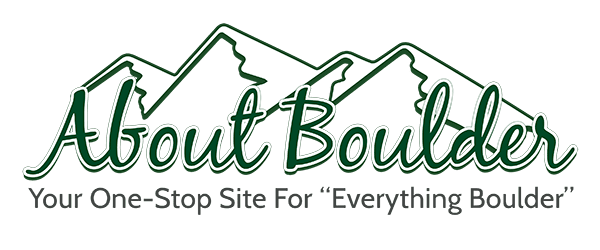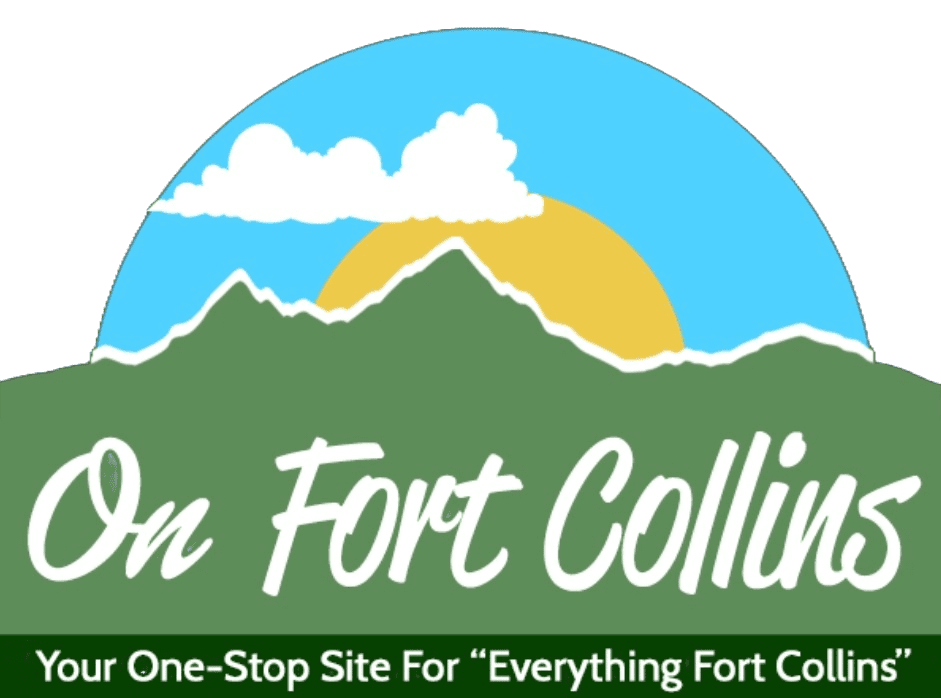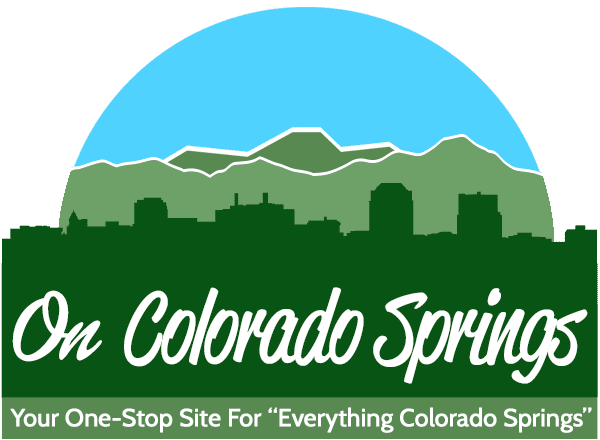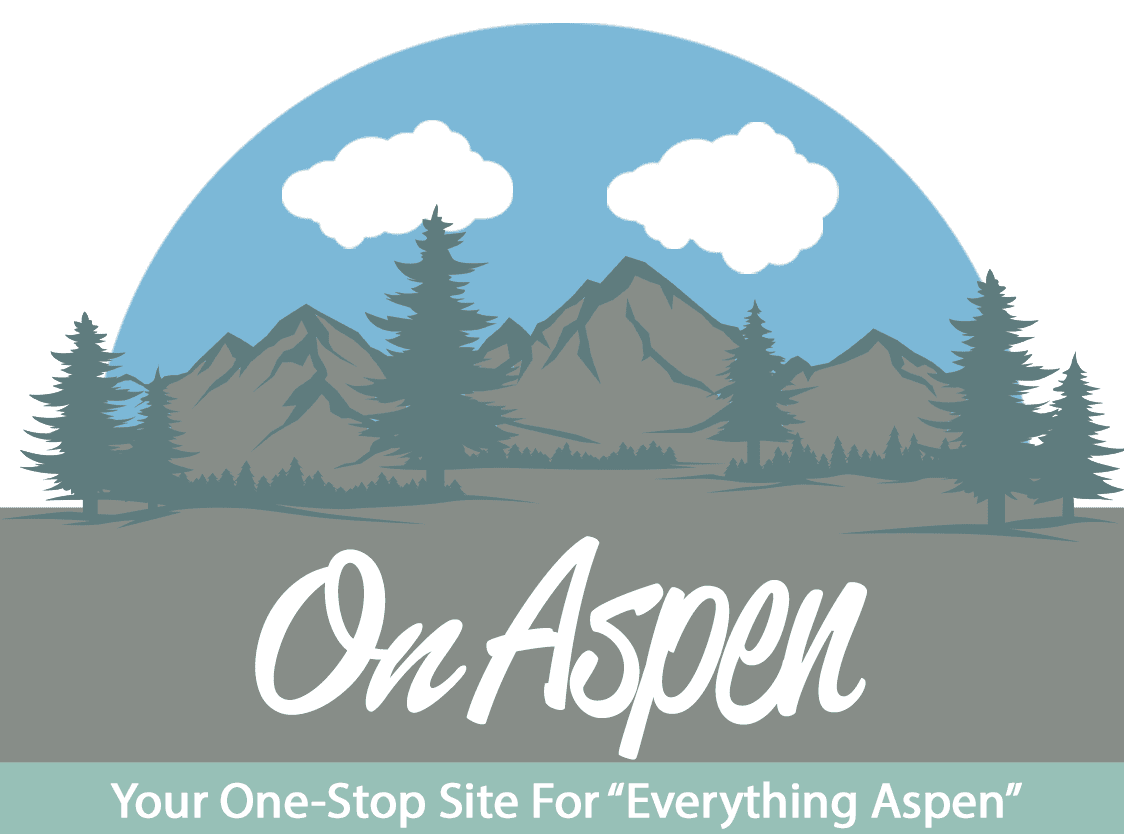Interview with Colorado Book Award Finalist, Adam Houle
About Stray:
The poems in Adam Houle’s Stray primarily muse through their interactions with the landscape of the poet-speaker’s past; we see everything from drowning worms, bee infestations, snake sightings, encounters with stray dogs, to family moments. Houle’s treatment of the mundane and the significant, the familiar and unfamiliar prompts one to reconsider how carefully we consider our day-to-day lives. The musings of Stray are dense, saturated by his x-ray vision into the heart of the human condition paired with his simultaneous astute aptitude for symphonic description. Extracted thus are a conglomerate of deft impressions—scored with humility and grace.
Please Enjoy Houle’s Work Below:
The Vine Knife
Another strain in the fabric
of days already chafed
to corded threads like work
pants I wore so long
my vine knife’s heft
rubbed through a belt loop.
That, for it, was that,lost to rust in Elder’s patch
or dropped to a barroom floor
once the last strings eased
and the loop became a strap.The lack of its honest weight
at my waist a grief that spiked
as I kicked a late melon’s skull.
Harvest closed. Then came snow.
A Paper Hive Earns No Quarter
It’s hell, I think, to see them flit that way
at dusk back to us, swarming our willow
where, limb-perched, they flex in shadows. You pray
they quit us; I pump the poisoned bellows.
Love,things can grow too large for us to love,
so let my labor mean. I’m wreathed in smoke,
an axe-handle clenched in a leather glove.
You cough and gripe. I give the nest a poke
then, cocking back, let loose a full-on swing.
It all explodes. They’re too smoke-drunk to know
it’s me they hate and fail to sink a sting.
The job is done. I clasp the bellows closed.
Look, wife: dazed on your chipped garden gnome
one dumb wasp thinks she drives her stinger home.
my father’s hands to the bench stone
honing his good knives’ burred edgespicked from wraps of worn denim. Blades
he tended for the one sure cut where
and when he’d need it. Chisels, gouges, sloydsfor stop cuts, their fishtail handles oversized
to better turn their leverage in tight spaces
He shaved back each peel thin as parchment.Cut after slim cut, his hands trained the shape,
freeing what it was he saw or thought he saw;
curls on a child. Once, he crafted a man,a clown hobo I now see he fashioned
from my face, a willow pole shouledered
nameless fish hanging from the clenched
heart of his hand. My father, solitude’s
best apprentice, mastering the world’s
first craft, apprenticed me in turn.
In that flood-lit basement, his knives
lined the table, patient as black ice
on the marsh road. With the night’s last cut,
he passed where I saw on the stairs. I went down,
thumbed his work. Now I shush the broom
and gather tailings, just as I was taught.
Interview with Adam Houle
As I read Stray, I noticed that region plays a significant role in the work. How do the collective settings of Stray influence its thematic undercurrents? How did these various places influence you as a person and in turn as a writer?
I like things grounded. Region gives a shape to our lives; our rhythms and patterns are, partially, governed by where we are. I don’t want to put too big an emphasis here, but I think that where we are carves out who we are. Maybe that’s too much. Put another way: place shapes vision. All places has contours, physical, emotional, spiritual. And we can 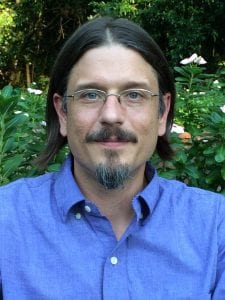 connect with that, we can interrogate it, we can hold up those patterns for comparison with our own patterns, our own impressions on just what the heck is going on. Maybe that’s happiness: finding that your contours align with the contours of your physical place — your mind works alongside the orders and disorders of a place, and you find a richness, a distinctiveness that resonates. And when I try to give that voice, I find my way into a poem.
connect with that, we can interrogate it, we can hold up those patterns for comparison with our own patterns, our own impressions on just what the heck is going on. Maybe that’s happiness: finding that your contours align with the contours of your physical place — your mind works alongside the orders and disorders of a place, and you find a richness, a distinctiveness that resonates. And when I try to give that voice, I find my way into a poem.
For me, Stray tries to order and shape those places, both physical and psychological. To give shape to the experiences — mine or otherwise — means I’m trying to locate something quite swift and fleeting. It slows me down and lets the associations rise and fade. What’s left is the poem. What’s left is a voice that catches the song, and in the song the place is memorialized, the players, too, and in the making of the poems, I’m working toward that intersection between the things of the world and the way they perfume and shape our mental space.
Place for me is always about alignment and experience. Growing up, I felt Eastern Pennsylvania was so busy, so future-oriented, I couldn’t catch my breathe. So, I moved to Colorado. Then to Utah. It was in Colorado that I felt different rhythms were possible, and that I could build a life around that. There were good people who had found that too, and they helped me a lot. Ultimately, I went back to Wisconsin for college. And I liked it. In college, once I opted for an English degree, really smart, kind professors and writers gave me the permission I needed to sit with experience and work to get it shaped on the page. That’s a roundabout way of saying that I carry it all with me, and, in my poems, try to give it a manageable shape, a structure that resonates and might last.
Stray offers remarkably lucid glimpses into the inner-workings of your life and thoughts. How do you choose your subject matter? When do you know an experience or thought is the seed for a poem?
I think poems are an offshoot, a lucky but necessary byproduct, of paying attention. So, I hope that I foster an aesthetics of attentiveness, of allowing the phrase, the line, the grammatical sentence shape the thought and to let the thought follow those contours. I sensed running in the background, though. Snippets of poems I’ve read, lines I’m working on, and the like. And something I’m coming to realize is that I was always measuring and shaping and letting language take up a lot of mental space. So, for me, getting serious about writing poems let me have a place to put all the work that was going on anyway. It was a such a jolt when I realized that I could do that — that I was allowed to shape language in all its strangeness and elegance and griminess, and try to give all that a structure. I take time in the morning — sometimes a lot of time, sometimes a little — to write. I don’t have to have a draft every day. I don’t worry if I don’t transfer work from the notebook to the screen. I trust my experience and my response. And when poems begin taking shape, I’m ready. So that process has given me allowance to sit quietly, to feel my way through experience, and to avoid trying to rationalize my responses to the world.
Those small snippets of an image, of a bit of phrase I like, or when something holds my focus and blurs out the rest, that’s the start of something. So, the subject matter is plucked from this and that. I don’t really know why something catches my eye and ear. I like things, though. I’m always inspecting small stuff I find throughout the day, and I’m an indiscriminate absorber of information. I listen to almost anyone talk about stuff that matters to them; I’ll also give just about anything a few minutes read and a lot more time if I like it. All those ideas, responses, and experiences have their worth. They’re valuable to me, and if they end up in a draft, I’ll know they grafted onto something in me that needs to be explored and held up to let breathe and mingle with the rest.
Though much of the work seems autobiographical, several poems, such as “THE FUTURE TIMBER BARON WRITES HIS NEW WIFE” and “YELLOWKNIFE GIRL AT THE TIMBER CAMP” inhabit other perspectives. How do you go about researching and assuming those voices of “otherness”?
Those two in particular were part of a much longer concept that I abandoned along the way. I hope that respect and love gird those poems. Thinking of the timber trade historically, it was a rough go for everything involved. With “The Future Timber Baron Writes His New Wife,” I was interested in bad hope. He’s a dodgy guy, feeling himself deprived but driven and single-minded, despite the intrusions of the world outside what he sees as the necessary work at hand. “Yellowknife Girl at the Timber Camp” is a poem about a different type of hope. Right or wrong, by the poem’s close, she’s identified the dangers she believes will ruin us. “Cook Takes Stock after the Ice Road Fails” offers a response to both the Future Baron and the Yellowknife Girl: when everything is lost, we have to look elsewhere, beyond our striving and what we think is ours. Those are very human dramas. They are painful and hopeful and endlessly playing out. As I worked on that sequence, I wasn’t looking for the sweep of large events. I wanted the small moments, the little despairs and hopes. Those are the ones I identify with. When I assume those voices, I want to be mindful that I’m working from a place of respect and love, and that what they say echoes within my own experiences.
As a poet and fiction writer, how do you feel your poetry informs your prose, and vice versa? How would you describe the different mediums of expression and the different messages that result?
I’m a poet first. I’m more suited for the measures of a line than those of a paragraph. Something about the emptiness after a line, between the line, hits right for me. I think of it as the space where the words continue casting themselves. That said, working on fiction or nonfiction is both terrifying and exhilarating. I love the mind at work in really good essays; Thomas Lynch’s work comes to mind — there’s a smoothness and rightness to the language, a sensibility that gives expanse to tinker and rethink. I live with a fiction writer, and the way Landon explains story is far smarter and insightful than I could ever hope to be. And something she said about character and desire fired me up to get some stories in the hopper. In “Pitch Man” I wanted to explore what I felt about Billy Mays, the OxyClean (among other products) infomercial guy. I always really liked him for some reason. I liked the carnival barker, the sturdiness of his pitch. That short story, for example, let me inhabit that world, and it felt better, more accurate in prose. I read as much fiction as I can. And I find that the expanse of a prose gives me permission to think about the movements of a life on a larger stage. Poems teach me about precision. When I see prose that isn’t working for me, it’s often because I feel like the architect has forgotten the grace of a beautiful doorway’s finial work, like the work never got past a damn good blueprint. But a blueprint’s not the thing or even a committed rendering of the thing populated with human heat and small edging details that stick with us. So, I try to keep these lessons in mind during the revision process — what does prose teach me about poetry? How can poems help prose?
“Poetry” can, at times, seem to be a rather ambiguous, umbrella term. Thus, oftentimes poets and readers must forage and forge for their own identifiers. How would you describe your own aesthetic?
I’m not worried about schools of thought very much. I want to get the poem into a shape that feels authentic, though crafted, to me, that sticks around in my mind like a little incantation or prayer. That’s what attracts me to the poems I like reading — they are immediate, they are aware that they’re shaped in some way, and in that awareness they shape the reader. Maybe they just bend us temporarily, but I don’t think we ever bounce fully back after a poem works on us. We accrue poems and parts of poems, and it helps inform the work we try to write. I think of my aesthetic as one of attentiveness, of taking up disparate impulses, thoughts, reactions, and trying to give them a field of expression.
Tell us the story behind the story: how did Stray get published? Do you have any other projects in the works?
So, when I moved to South Carolina to start my teaching gig, I thought it’d be a good idea to get serious about sending Stray into the world. I went the contest submission route. After the manuscript was a finalist or semi-finalist at a number of contests, I revised and rewrote. I had the book in a shape I liked. The sections felt good. The individual poems felt good. I had some really great friends and colleagues from grad school to exchange manuscripts with, and I’m grateful to them and to my mentors at Texas Tech, Northern Michigan University, and the University of Wisconsin — Green Bay for their support and their sharp eyes as they helped me shape the work over the years. So, there it was, what felt like a real-live book. A friend told me about Juan Morales’ The Siren World with Lithic Press. I read Juan’s book and loved it. The poems are fantastic, the design was thoughtful, and the layout was committed to showcasing the poems in their space. So, I sent the manuscript to Danny Rosen, the publisher at Lithic Press. I think he was suspicious at first, but the poems won him over, and that was that. To have Stray named a finalist for the Colorado Book Awards meant a lot to me. If I trace the poems back to their earliest whispers, they owe a lot to my time living in Colorado and the space that my life there let me work in. Right now, I’m working on some new poems and revisiting some earlier stuff that didn’t fit with Stray but are still on my mind. I don’t know if they’ll shape up and cohere, but I’m trying to be spacious with my expectations, taking more risks, letting these drafts be tentative and incomplete and not forcing the issue.
What poets inspire and/or influence you? What are you reading right now?
Right now, I’m reading Jessica Cuello’s Hunt and Moby-Dick. Cuello takes chapters from Moby-Dick and re-envisions them into sharply considered poems. It’s so good, but I’m taking my time with it. When I revisit works that meant a lot to me, I come back to Marianne Moore and Elizabeth Bishop. I reread Yusef Komunyakaa’s work. Jimmy Santiago Baca’s Black Mesa Poems is another. I reread Erica Dawson’s Big-Eyed Afraid recently and was deeply moved by the sharpness. Jack Gilbert’s work meant a lot to me during my undergraduate years. There are sections of Paradise Lost that I’ll reread every day for stretches. I’ve also been really interested in the work that’s going on in Columbia — it’s about an hour’s drive for me, and I’ve got to hear some really good stuff. I’m always open to work that’s being done with integrity. I don’t love it all, but I’m glad it’s being written and shared.




